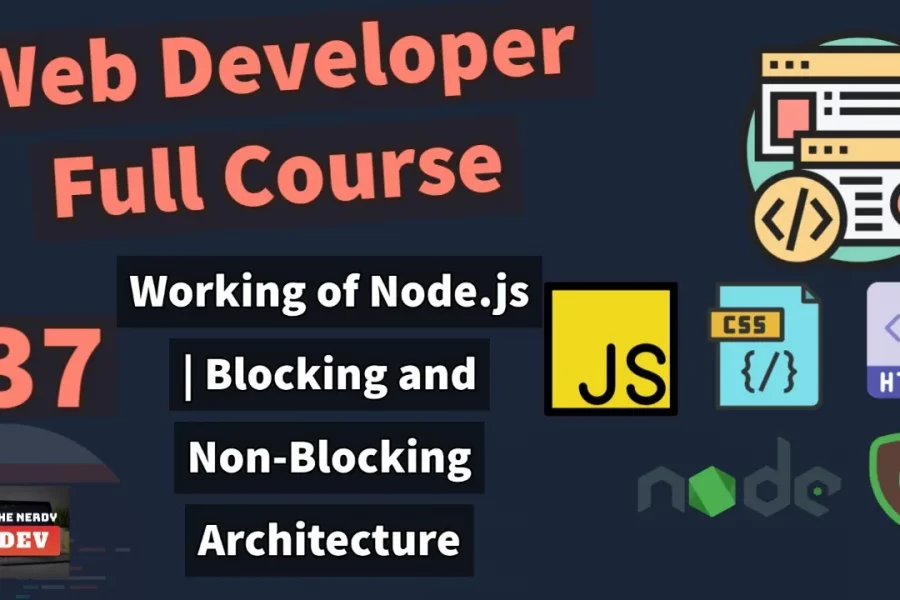
Working of Node.js | Blocking & Non-Blocking Architecture Explained (video)
In this video, we will understand how Node.js works and then we will understand the difference between the blocking and non-blocking architecture. Node.js as we know is asynchronous and non-blocking and we will understand why this architecture that Node.js uses is better than a conventional blocking architecture. Follow me on:👉 Twitter: https://twitter.com/The_Nerdy_Dev👉 Instagram: https://instagram.com/thenerdydev👉 YouTube: https://youtube.com/thenerdydev PS – Make…
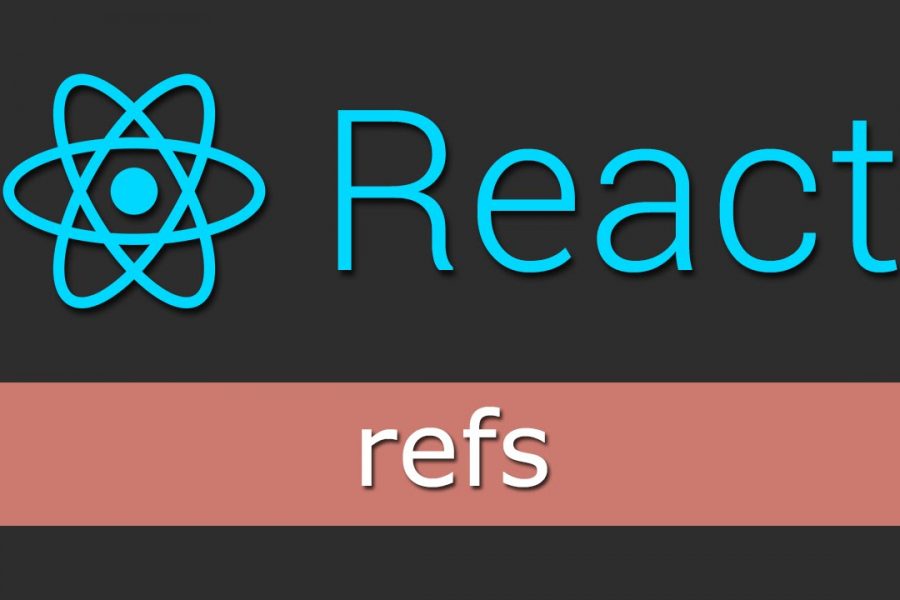
React.js – How to use Refs in React.js
Hey guys 👋🏻,In this article, let us cover the topic of How to use Refs in React.js Let us investigate why React.js, a library that keeps your code away from DOM manipulation, keeps its doors open for you to access. React rethinks a view as a result of a state of a component. It provides JSX,…
![Understanding the Events Reactivity System of Node.js and The Event Emitter Class [video]](https://the-nerdy-dev.com/wp-content/uploads/2022/06/event-emitter-6853429-900x600.webp)
Understanding the Events Reactivity System of Node.js and The Event Emitter Class [video]
In this video, we will learn about the Events Core Module in Node.js and then we will also understand the Event Emitter class of Node.js and the methods that we can use on the event emitter instances that we create to listen for an event ( on method ) and to fire an event, we have the emit method…
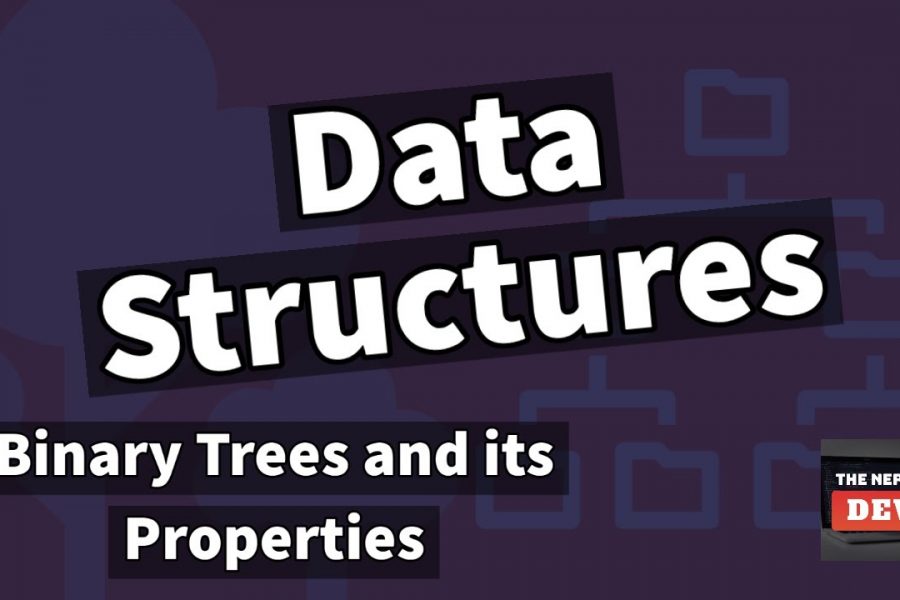
Data Structures – Binary Tree and its properties
In this video, we will learn about the trees data structures and then we will start to learn about the binary tree data structures and some examples, finally, we will discuss the properties of the binary trees
![Node.js Architecture – Understanding its Internal Components [video]](https://the-nerdy-dev.com/wp-content/uploads/2022/06/Node.js-Architecture-5975505-900x600.webp)
Node.js Architecture – Understanding its Internal Components [video]
In this video, we will understand the Node.js Architecture namely the Application, V8 JavaScript Engine, Node.js Bindings, Libuv, Event Loop and Worker Threads Follow me on:👉 Twitter: https://twitter.com/The_Nerdy_Dev👉 Instagram: https://instagram.com/thenerdydev👉 YouTube: https://youtube.com/thenerdydev PS – Make sure to subscribe to my YouTube Channel for FREE content on Web Development and loads of other technologies
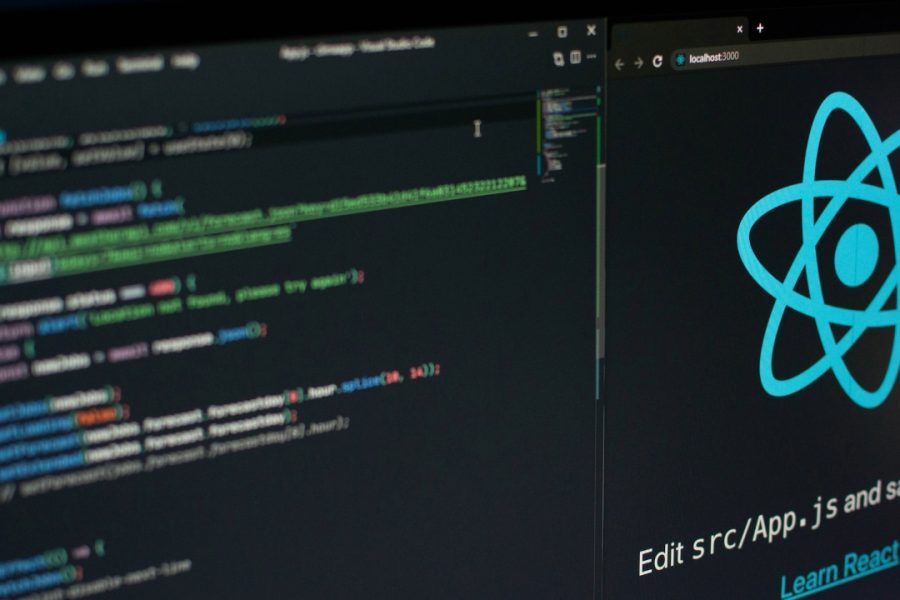
React.js – Demystifying Virtual DOM
Hey guys 👋🏻, In this post, let us talk about Virtual DOM in React.js. For this post we will understand Virtual DOM✔ What is Virtual DOM ?✔ Why we need Virtual DOM ? ✔ Why Virtual DOM is faster and more efficient than real DOM ? Why Virtual DOM ? The DOM as we know…
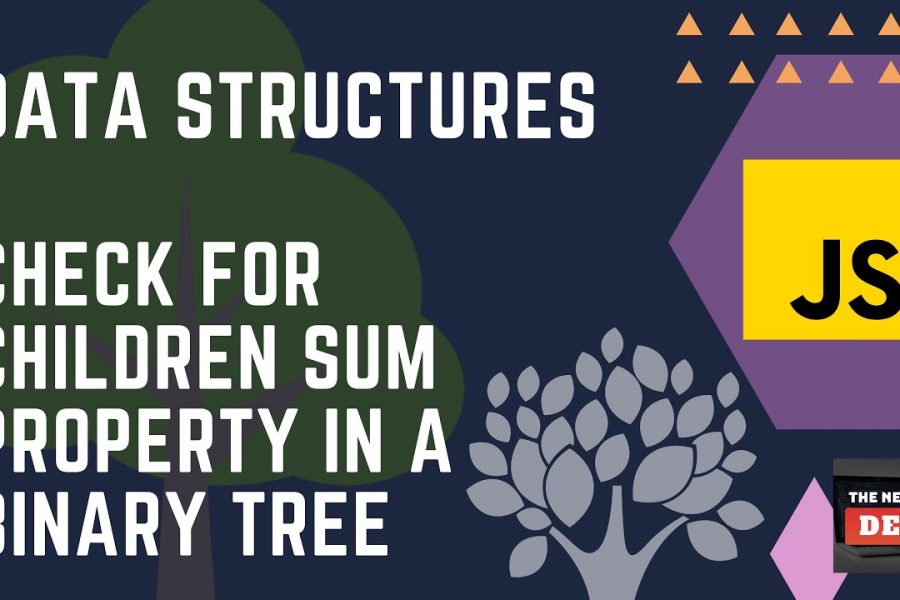
Data Structures Problem – Checking for Children Sum Property in a given Binary Tree 🌳
Hey guys 👋🏻, I just released a new video on solving an interview problem : Checking for Children Sum Property in a given Binary Tree In this video, we will solve the problem of checking whether the given binary tree satisfies the children sum property or not. We will first understand the approach that we…

8 React Projects Every Beginner Should Try
Hey everyone, In this article, let us see 8 React Projects Every Beginner Should Try. Introduction React is a free and open-source front-end JavaScript library for building user interfaces or UI components. It is maintained by Facebook and a community of individual developers and companies. React can be used as a base in the development…


